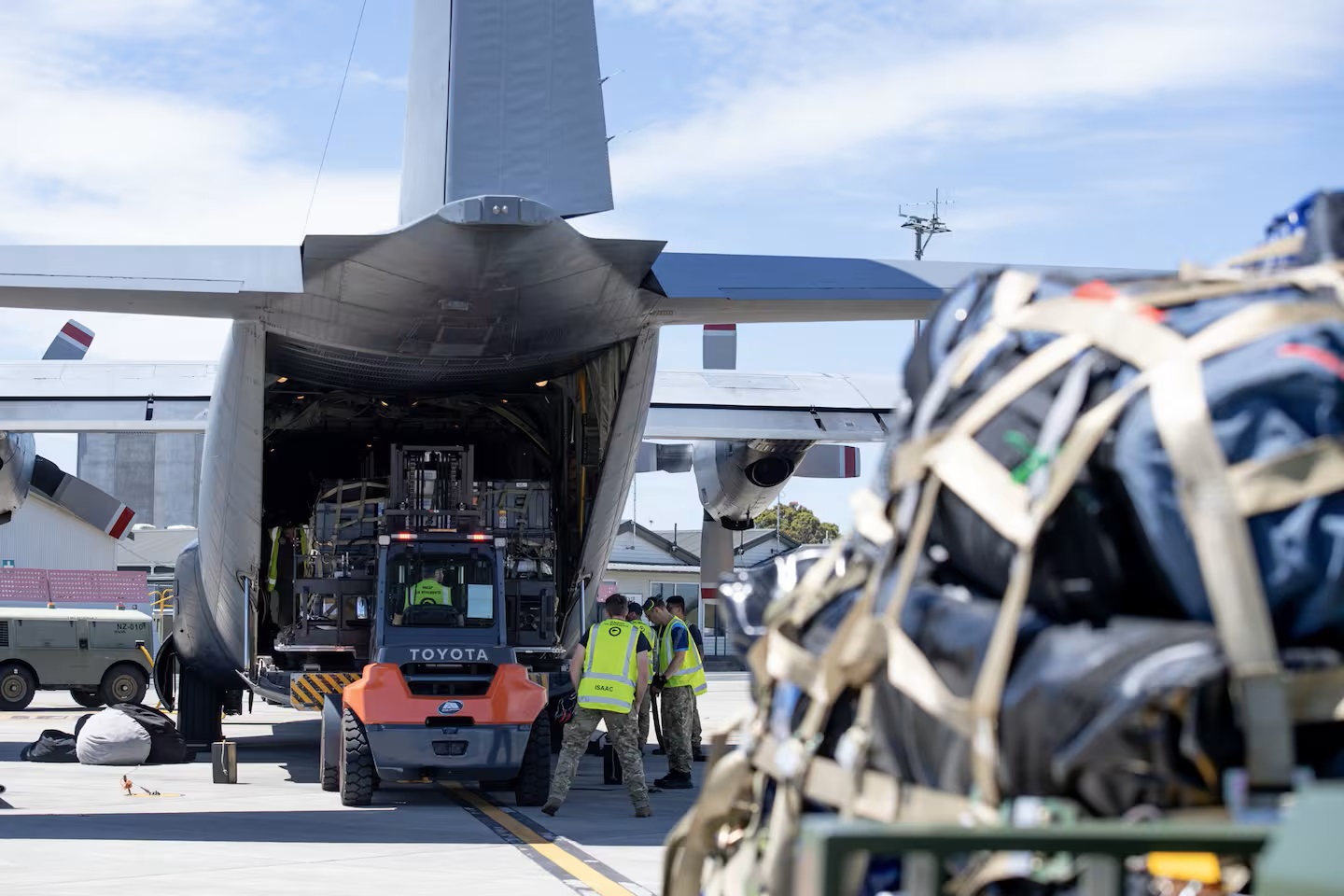Aid workers on the ground in Vanuatu have described the fear sparked by a deadly earthquake as humanitarian workers prioritise the most needy amid widespread destruction.
The magnitude 7.2 earthquake off Efate Island, which has so far killed 14 people, was followed by aftershocks, including one 6.1 magnitude quake, and sparked landslides.
Powerlines and water supplies were affected in addition to extensive damage to buildings in the capital Port Vila, Save the Children’s acting country director Lavinia Mahit said. The not-for-profit organisation has about 40 staff in Vanuatu.
Access to clean drinking water was an issue and there were long queues outside fuel stations and the limited number of shops open, she said.
The impact was compounded following the devastation of tropical cyclones in 2023, she said.
“Our immediate focus is continuing to put children’s needs at the centre of the response,” she told AAP from the national disaster management office in Port Vila.
The organisation is trying to set up child-friendly areas as early intervention with trauma having life-long impacts on children.
Early estimates indicate 23,000 vulnerable people need urgent help, according to Save the Children.
ActionAid is launching a response for people with disabilities living in unsafe accommodation and focussing on emergency food and water distribution, rebuilding homes and providing psychological support.
ActionAid Australia’s head of humanitarian programs Carol Angir, who is in Port Vila, described it as the worst earthquake she had been through.
“Getting out of the office door was the most difficult task and when I finally got outside, I realised the magnitude, I realised that we got lucky (as) most buildings in Port Vila are destroyed,” she said.
Mahit described the quake as one of her scariest moments after downplaying the initial tremor in the disaster-prone country.
Once cups and plates started smashing in the office she knew it was serious, with the shaking so bad she couldn’t take two steps without falling as staff moved under doorframes for safety and evacuated the building.
“It felt like we were on a ship out at sea facing rough waters, we couldn’t walk,” she said.
Australian search and rescue teams and medical assistance will aid Vanuatu’s recovery as part of an initial $2 million (US$1.24 million) “immediate response package”.
A 64-person disaster assistance response team and two dogs will help with search and rescue operations and damage assessment.
A medical team and departmental officials to help with consular responses have also been deployed.
Australian Federal Police will help set up emergency communications and undertake victim identification.
Australian authorities are working to contact affected citizens but communication outages have made it difficult to assess the number of people who need help.
There have been no reports of Australian causalities so far and all consular staff have been accounted for.
Some Australian embassy staff suffered “small scrapes” and the government was contacting local staff, Defence Minister Richard Marles said.
The communications systems at the Australian High Commission in Vanuatu were impacted by the quake, High Commissioner Max Willis said.
France and the U.S are offering to assist Australia and New Zealand in organising disaster relief.














